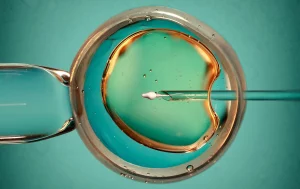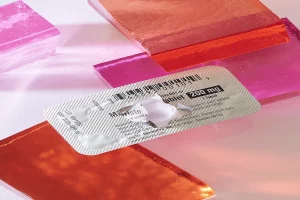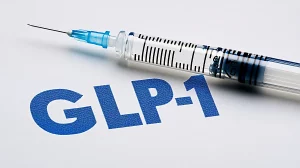 Whether your goal is to lose, gain or maintain weight it is important to know your energy needs. I’m no nutritionist or registered dietician but I know the fundamentals to a proper diet. What I’ve noticed in my experience with clients and friends is that they’re either eating too much or not enough. It doesn’t matter whether you are big or small, if you are eating three small meals a day, one is a shake or juice, and wonder why you aren’t seeing any results, guess what? You’re not eating enough! Therefore, the few times you do eat, your body stores those calories like a hibernating bear not sure when its next meal will be.
Whether your goal is to lose, gain or maintain weight it is important to know your energy needs. I’m no nutritionist or registered dietician but I know the fundamentals to a proper diet. What I’ve noticed in my experience with clients and friends is that they’re either eating too much or not enough. It doesn’t matter whether you are big or small, if you are eating three small meals a day, one is a shake or juice, and wonder why you aren’t seeing any results, guess what? You’re not eating enough! Therefore, the few times you do eat, your body stores those calories like a hibernating bear not sure when its next meal will be.
The fact is most people have misconceptions about calorie consumption and calorie counting. Having a firm understanding of your bodies daily energy needs is the first step in cinching that waistline or toning those muscles. With that said, here are a few tools to help you calculate how many calories you need based on your age, gender, height, weight and activity level.
Use the infographic below to find out how many calories you REALLY need.
Stay true to the calories on days you plan on working out, all other days’ lower calories by 15%.
If you are going to count calories do so wisely.
Carbohydrates and proteins have 4 cal/gram, fats are 7cal/gram and alcohol has 7cal/gram. Knowing this, make smarter choices when in the kitchen or dining out. For example, compare a bacon, egg and cheese omelette to a mushroom, spinach, onion and egg omelette. The first omelette has a higher fat content and probably most of your recommended daily fat intake whereas the latter is low-calorie, high-fiber and will leave you feeling satiated longer.
Eat clean by limiting processed foods.
Foods at their most natural state require more energy to digest than processed foods. This is due to the thermic effect of food, meaning certain foods take longer to digest and require more energy to metabolize. Whole foods are nutrient dense, they carry fiber, vitamins and minerals that require more energy to digest whereas processed foods are mostly empty calories that are very easy to digest and therefore are stored more rapidly than whole foods.
A healthy, fit body is as simple as knowing how many calories you need and making smart choices in choosing them.
















